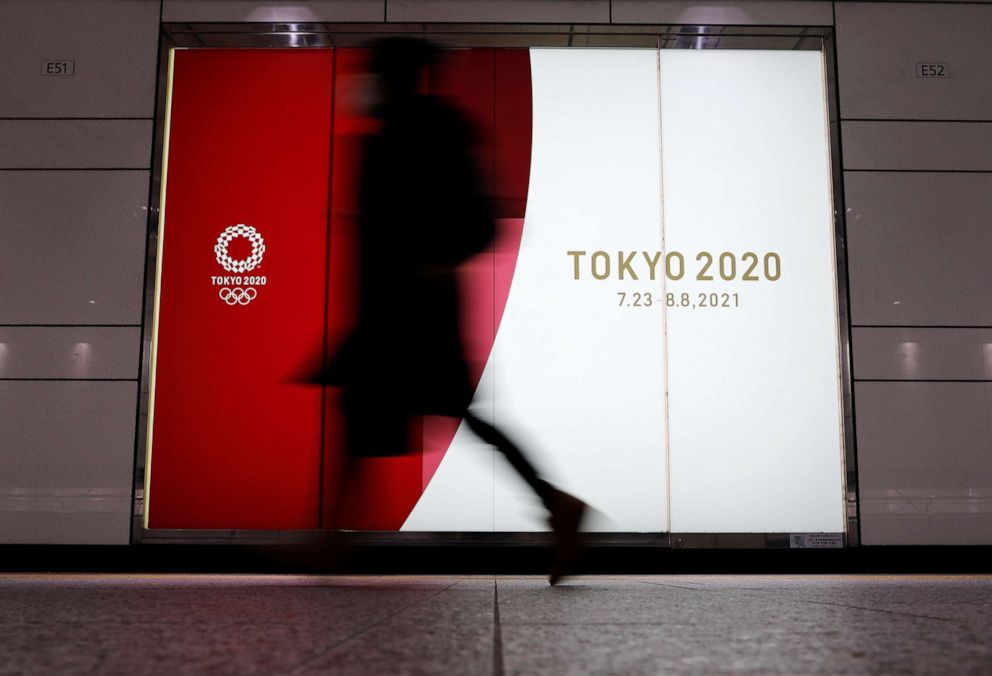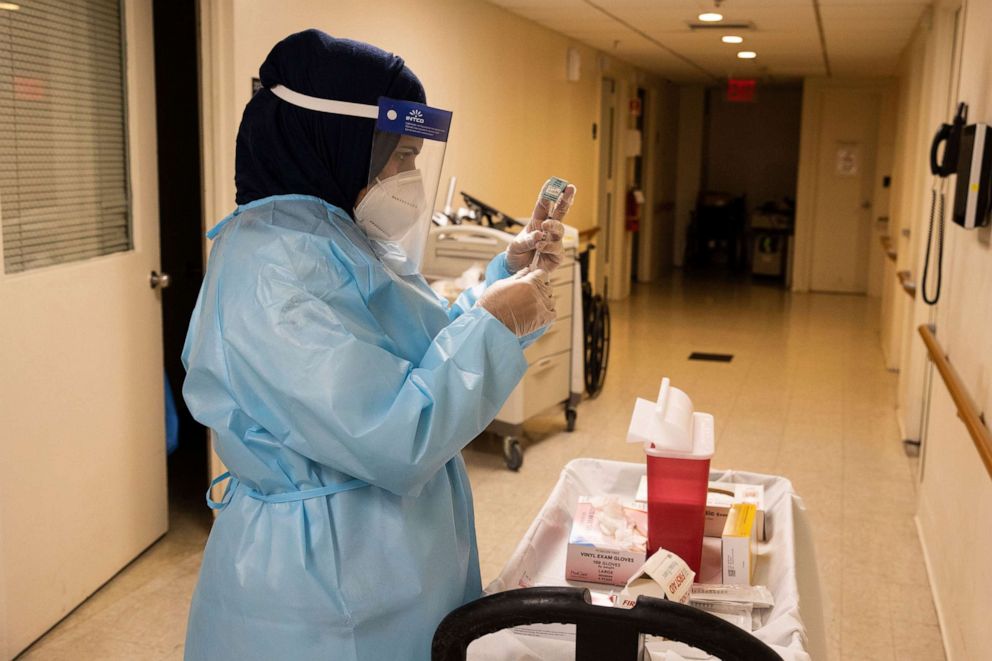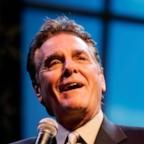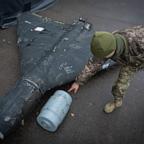Fauci says lack of truthfulness from Trump administration 'very likely' cost American lives
When asked during an interview Friday on CNN's "New Day" about whether the Trump administration's lack of truthfulness in some cases regarding the coronavirus pandemic had cost American lives, Dr. Anthony Fauci said "it very likely did."
"I don't want that, John, to be a soundbite, but I think if you just look at that you can see that when when you're starting to go down paths that are not based on any science at all," Fauci, director of the National Institute of Allergy and Infectious Diseases, told CNN's John Berman. "Particularly when you're in the situation of almost being in a crisis with the number of cases and hospitalizations and deaths that we have -- when you start talking about things that make no sense medically and no sense scientifically, that clearly is not helpful."
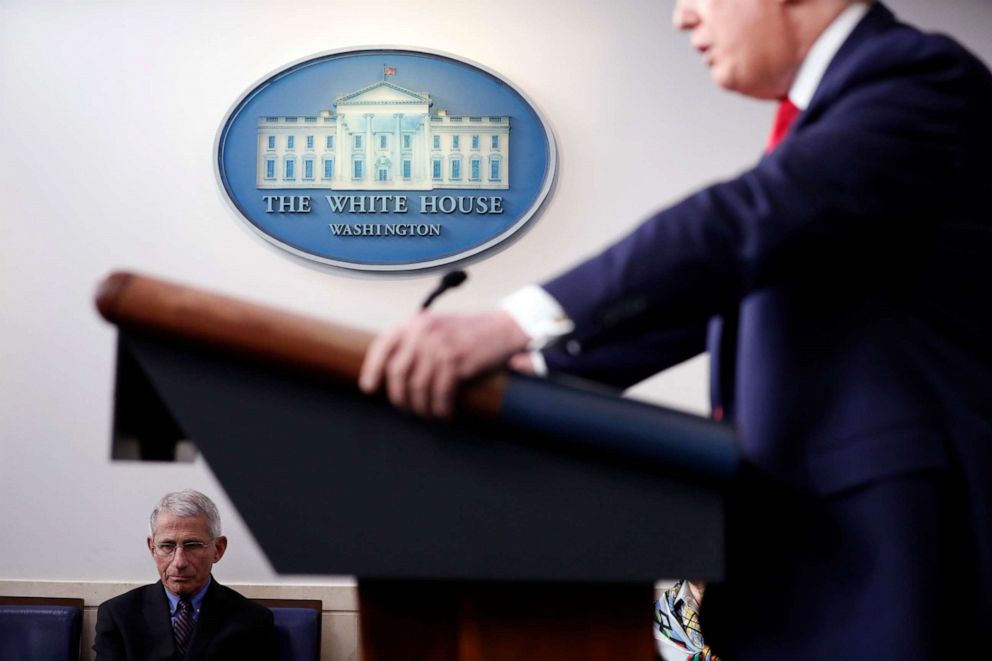
Fauci, who was a member of former President Donald Trump's coronavirus task force, had disagreed with Trump on how to approach the pandemic. At one point, Trump suggested he was considering firing Fauci.
"There's no secret, we've had a lot of divisiveness," Fauci, who is now the chief medical adviser to President Joe Biden, told CNN. "We've had facts that were very, very clear that were questioned. People were not trusting what health officials were saying."
